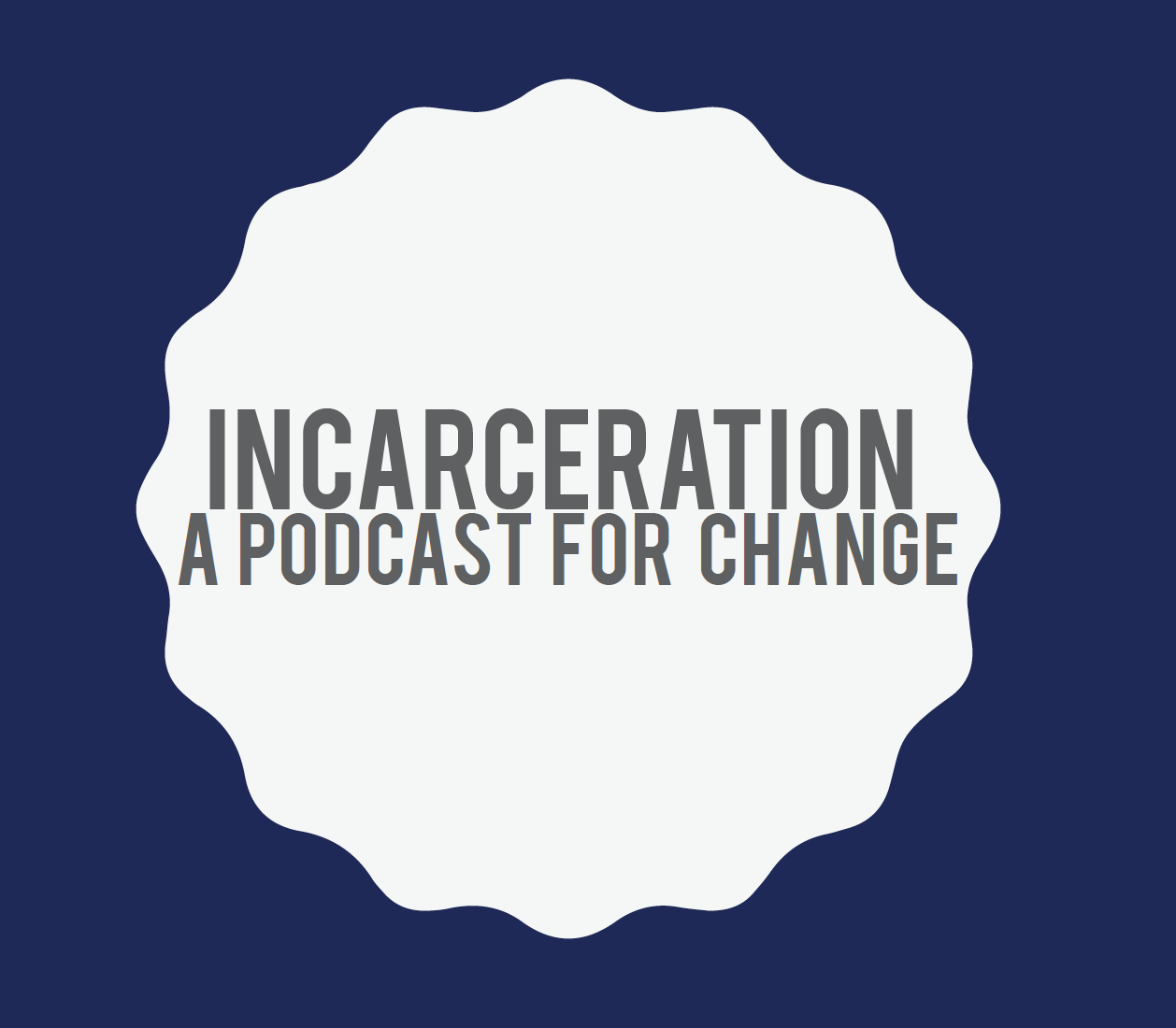STUDENT INVOLVEMENT
In the spring of 2016 students from the Eugene Lang College course “Podcast: States of Incarceration” immersed themselves in the Humanities Action Lab (HAL) project, did background research into the national picture and in community projects at the partner universities, and identified two initial opportunities for the podcast: a pilot program that would look at the issue broadly, and a program focused on New York City’s Riker’s Island. Extensive interviews were conducted, as well as the collection of on-site recordings, and pre-production assemblage of the programs was undertaken. The production teams also partnered with classes conducted by Tanya Kalmanovitch and Cecilia Rubino, and with guest artists such as Liza Jessie Peterson.
The class had a two-tiered approach: introduce students to the history of incarceration in the U.S/ and them familiarize them with HAL’s States of Incarceration and its vision, mission, and methodologies. These would in turn become the underlying architecture of two pilot podcasts.The class, which was weekly, was held concurrently with the development of the opening exhibition for States (at the Shelia Johnson center in April 2016) and students in the podcasting class were also charged with helping to create audio content that would support both the exhibition (in the form of audio clips accompanying featured interview subjects) and the pilot programs.
PILOT PROGRAM PROCESS
The two programs were a) a broad pilot program that would introduce the national issue and its local and regional manifestations, using the HAL project as its conceptual framework and a form of dynamic engagement, and b) a program focussing on Riker’s Island, which is both actually and symbolically at the heart of the debate in New York City and New York State.
To prepare them for content creation the students hear from the many shareholders, those involved in the HAL project such as HAL director Liz Svencenko, and performance artist Lisa Peterson, and Lang Theatre faculty member Cecilia Rubino.
The second, and concurrent, phase of the class was an introduction to audio production skills including interviewing, field recording, editing, and program construction. Students were divided into production teams, and conducted a wide range of interviews with figures representing the many overlapping constituencies: citizens groups and institutions involved in the issue.
In addition, students perspective were included from the several classes focussed on the project, including both the experience of encountering incarceration as a social phenomenon and as a crucible of new educational modalities. Participating students and educators were approached.
By the end of the spring 2016 semester, significant content in support of both pilots had been collected, but there was not sufficient time

